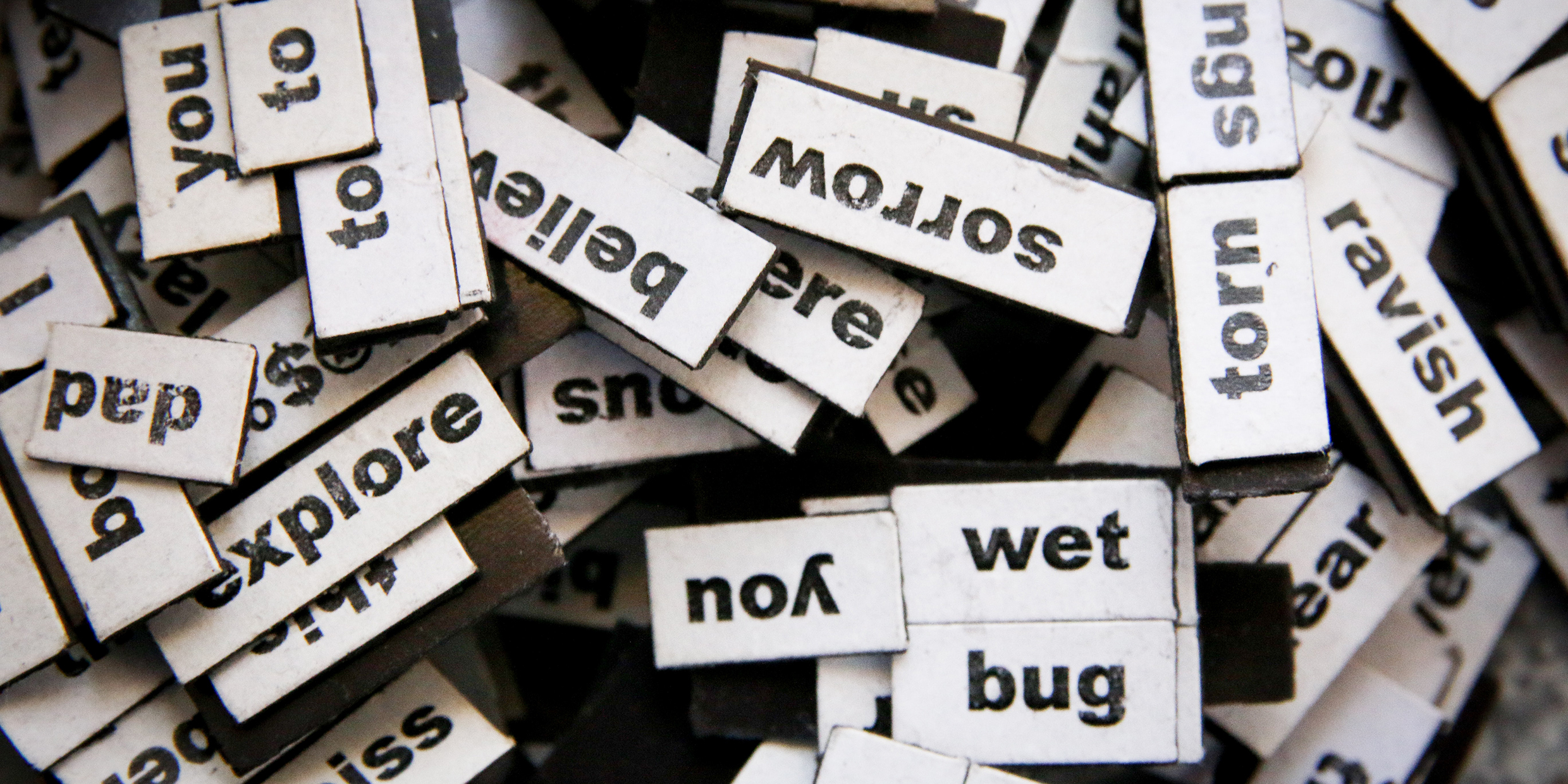Originally published 14 December 1998
Can machines translate human languages?
Here is the first line of a story of mine, which has appeared in other languages: “Begin with beauty.”
And here are translations, two French, two German:
Commencez par la beauté.
Pour commencer, la beauté.
Fangen Sie mit Schönheit an.
Schönheit als Auftakt.
The first translation of each pair was churned out by the AltaVista computer translator, one of the free services provided by the AltaVista guide to the Internet. The second is by a human translator, employed by my foreign publishers.
The computer provides a literal rendering in both languages: “Begin by beauty,” “Begin with beauty!”
The human French translator chooses a more conversational tone: Pour commencer, la beauté. “To begin, beauty.”
And the human German translator opts for a musical theme: Schönheit als Auftakt. “Beauty as prelude.”
In both cases, the human translators add a twist that would never occur to the machine.
The final line of the same story is spoken by one lover to another: “Hold me.”
Tenez-moi. “Hold me,” says the oh-so literal computer in French. Viens. “Come to me,” says the human translator, cheerfully ignoring the original English.
Halten Sie mich an. “Restrain me,” says the computer in German, entirely missing the meaning because of its inability to grasp context. The human translator catches both the meaning and the romance: Unarme mich. “Embrace me.”
Human language is sufficiently rich and context-dependent that even two- and three-word sentences of ordinary words can befuddle the current generation of machine translators.
Still, as we surf the worldwide web, exploring a planet’s worth of information, it is handy to have the AltaVista computer there to translate, instantly, whatever web sites look promising. Not with the grace and agility of a human translator, but the results are often serviceable.
Here is a machine translation from a French site, chosen at random: “Who can say which to us is really the goal of the life? Suppose that you return visit to an engineer working with the design of a complicated apparatus, which is completely unknown for you. How could you discover with what serves this apparatus? Best wouldn’t it be to ask it to its designer?”
Not bad for a translation service available free to everyone.
But my, oh my, how far we have to go before machines can rival human brains.
Douglas Hofstadter possesses one of the cleverest human brains at work (or play) on the planet today; he teaches in several departments at the University of Indiana, including comparative literature, computer science, psychology, and philosophy. He is best known for his book Gödel, Escher, Bach. His most recent work, which appeared last year, is titled Le Ton Beau de Marot: In Praise of the Music of Language.
Le Ton Beau de Marot means, literally, “the sweet tone of Marot.” The book is a 632-page meditation on the possibilities inherent in translating a lighthearted poem of 28 three-syllable lines addressed by the 16th-century poet Clément Marot to an ailing young lady. Hofstadter ranges over world literature and cognitive science in his discussion of the art and craft of translation, but he always circles back to Marot’s delightful verses.
Here is a part of Marot’s original:
"Ma mignonne, Je vous donne Le bon jour; Le séjour C'est prison. Guérison Recouvrez, Puis ouvrez Votre porte Et qu'on sorte Vitement…"
Which Hofstadter renders literally as:
"My sweet, I bid you A good day; The stay Is prison. Health Recover, Then open Your door, And go out Quickly…"
Here is Hofstadter again, in one of the many ingenious renderings provided by himself and his friends, colleagues, and family, this time catching more of the rhymed three-syllable couplets of the original:
"My sweet dear, I send cheer— All the best! Your forced rest Is like jail. So don't ail Very long. Just get strong— Go outside, Take a ride! Do it quick…"
Hofstadter’s late wife Carol had offered:
"Chickadee, I decree A fine day. Dart away From your cage And engage In brave flight, So you might Flee the croup…"
My son Tom came up with the following:
"Schnookie lumps How's the mumps? Are you still Very ill? Please get well, For life's hell Without you. When you do Rise from bed, Leap instead, And make tracks…"
And here, finally, is what the AltaVista computer translator yields:
"My nice I you give The good day; The stay It is prison. Cure Cover, Then open Your gate And that one left Vitement…"
Not exactly elegant. And to make things worse, the machine is stumped by the archaic French word vitement, “quickly.”
There are more than a thousand language-translation software products on the market today, with dozens of new ones appearing every month. Since the 1950s, hundreds of millions of dollars have been spent trying to build a machine that can reliably turn one language into another, so far with only modest success.
For all of the remarkable progress in computer technology, the human brain can still run rings around the biggest and brightest machines at catching the drift, getting the joke, seeing the point, and picking up on wit, metaphor, word play, double meanings, puns, music, elegance, sweet tones, beauty.
When it comes to the magic and mystery of language, machines still can’t compete with human brains.



